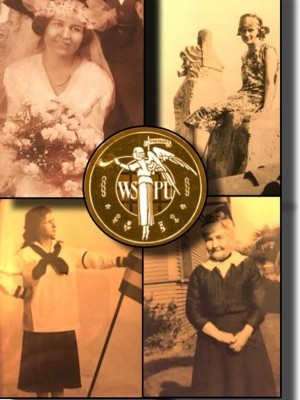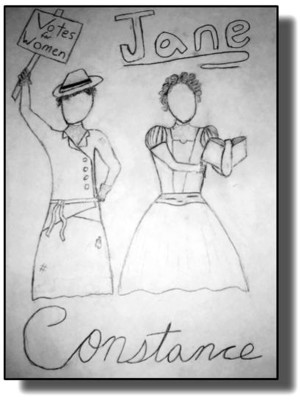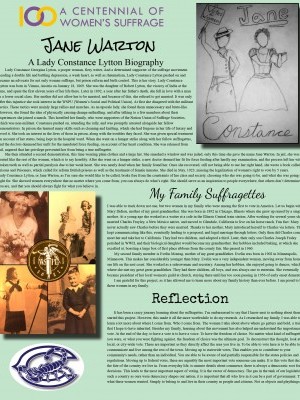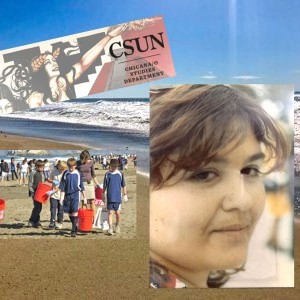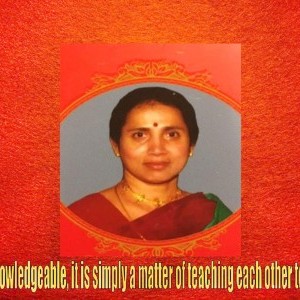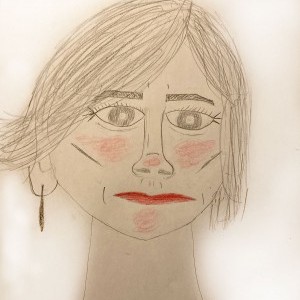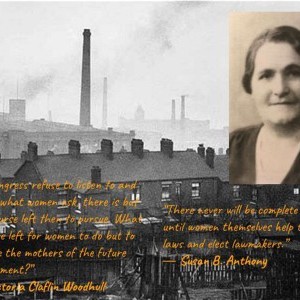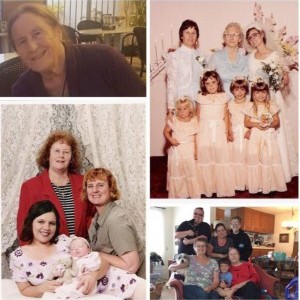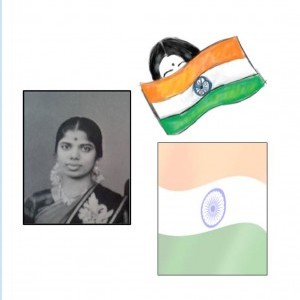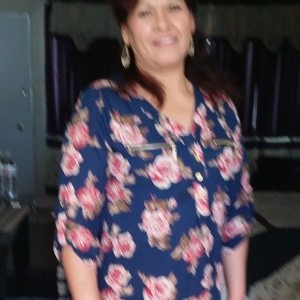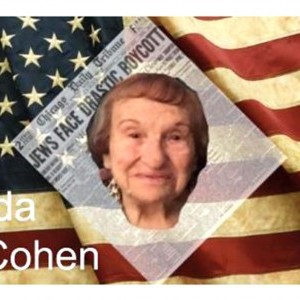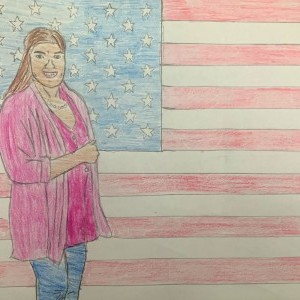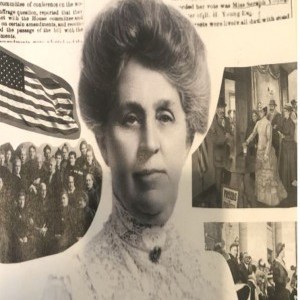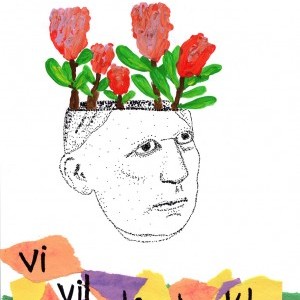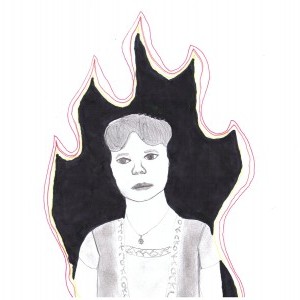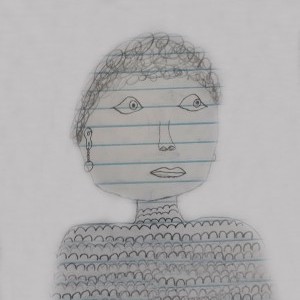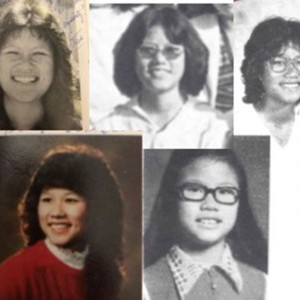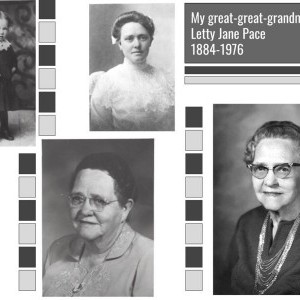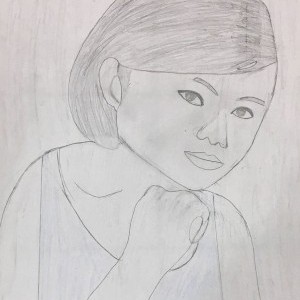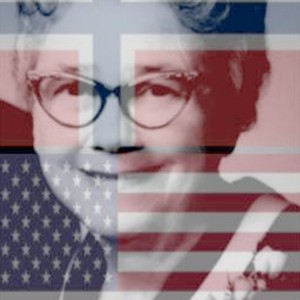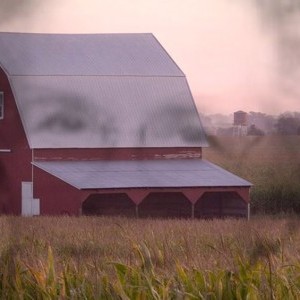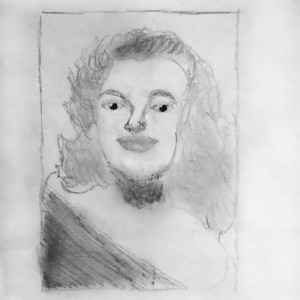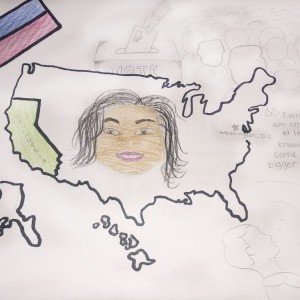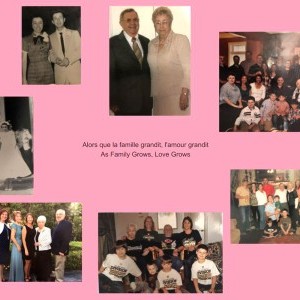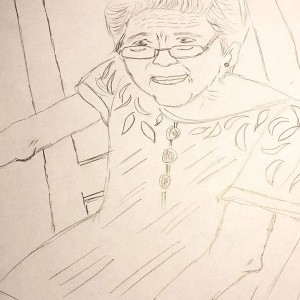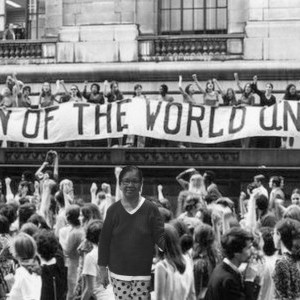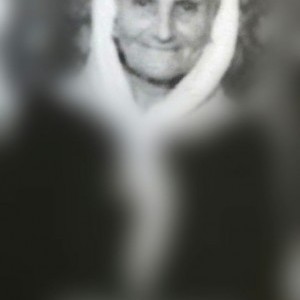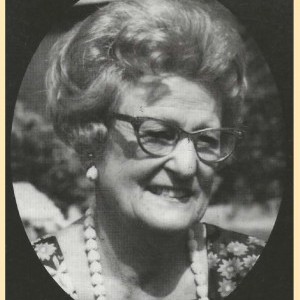Joseph Montag
Adolfo Camarillo High School | Camarillo, CA | 10th
Inspirational Family Member
My Great-Great-Grandmothers
Evelin Montag and Mary Didion, My Great-Great-Grandmothers
I was able to track down not one, but two women in my family who were among the first to vote in America. Let us begin with Mary Didion, mother of my great-grandmother. She was born in 1892 in Chicago, Illinois where she grew up raised by a single mother. At a young age she worked as a waiter at a cafe in the Illinois Central train station. After working for several years, she married Charles Frayley, a New Mexico native, and moved to Glendale, California to live on his horse ranch. Fun fact: Mary never actually saw Charles before they were married. Thanks to her mother, Mary introduced herself to Charles via letters. They kept communicating like this, eventually leading to a proposal, and legal marriage through letters. Only then did Charles come to meet her and take her to California. They had two children, and adopted a third. Later, their only son Charles Joseph Fraley perished in WWII, and their biological daughter would become my grandmother. Her hobbies included baking, at which she excelled, boasting a large box of first place ribbons from the county fair. She passed in 1960.
My second family member is Evelin Montag, mother of my great-grandfather. Evelin was born in 1902 in Minneapolis, Minnesota. This makes her considerably younger than Mary. Evelin was a very independent woman, moving away from home to see life on the East Coast. She worked as a saleswoman and secretary. Among her hobbies, she enjoyed going to dances, which is where she met my great-great-grandfather. They had three children, all boys, and she was always one to entertain. She eventually became president of her local women's guild at church, staying there until her too soon passing in 1956 of early onset dementia. I am grateful for this project, as it has allowed me to learn more about my family history than ever before. I am proud to have these women in my family.
Historical Figure I Admire
Lady Constance Lytton or Jane Warton
Lady Constance Georgina Lytton was a proper woman, a fiery writer, and a determined supporter of the suffrage movement. Leading a double life and battling depression, a weak heart, as well as rheumatism, Lady Constance Lytton pushed on and became an advocate for not only woman suffrage, but prison reform and birth control. This is her story.
Lady Constance Lytton was born in Vienna, Austria on January 18, 1869. She was the daughter of Robert Lytton, the Viceroy of India at the time, and spent the first eleven years of her life there. Later in 1892, a year after her father's death, she fell in love with a man in a lower social class. Her mother did not allow her to be married, and because of this, she refused to get married. It was only after this injustice she took interest in the WSPU (Women’s Social and Political Union).
At first she disagreed with the militant tactics. These tactics were mainly large rallies and marches. As an upscale lady, she found them unnecessary and brute-like. However, she found the idea of physically causing change enthralling, and after talking to a few members about their experiences she joined a march. This horrified her family, who were supporters of the Nation Union of Suffrage Societies, which was non-militant. Constance pushed on, attending the rally, and was promptly arrested alongside her fellow demonstrators. In prison she learned many skills such as cleaning and knitting, which she had forgone in her life of luxury, and loved it. She took an interest in the lives of those in prison, along with the troubles they faced. She was given special treatment on account of her status, being kept in the hospital ward. When she went on a hunger strike along with her fellow suffragettes, the doctors deemed her unfit for the mandated force feeding, on account of her heart condition. She was released from jail, angered that her privilege prevented her from being a true suffragette.
She then attended a second demonstration, this time wearing plain clothes and a large hat. She smashed a window and was jailed, only this time she gave the name Jane Warton. In jail, she was treated like the rest of the women, which is to say horribly. After she went on a hunger strike, a new doctor deemed her fit for force feeding after hardly any examination, and the process left her with broken teeth as well as partial paralysis due to her weak heart.
She was nearly dead when her family found her. Once she recovered, still not being able to use her right hand, she wrote a book called Prisons and Prisoners, which called for reforming British prisons as well as the treatment of female inmates. She died in May, 1923, missing the legalization of women's right to vote by five years.
Lady Constance Lytton, or Jane Warton, as I’m sure she would like to be called, broke free from the constraints of her class and society, choosing who she was going to be, and what she was going to fight for. She showed women everywhere that no matter where you come from, you can always do what’s right. She should serve as an inspiration to people everywhere, that others don’t determine who you are, and that you should always fight for what you believe in.
What the Project Means to Me
It has been a crazy journey learning about the suffragettes. I’m embarrassed to say that I knew next to nothing about them as I started this project. However, this made it all the more worthwhile to do my research. As I researched my family, I was able to learn a lot more about where I come from. Who I come from. The women I write about above were bold, a trait that I hope to have inherited. Besides my family, learning about this movement has also helped me understand the importance of a vote. At the end of the day, to have a vote is to have a voice. To have the freedom of choice. No matter what kind of suffragette you were, or what you were fighting against, the freedom of choice was the ultimate goal.
To deconstruct this thought, look at a local, or city-wide vote. These are important as they directly affect the area you live in. To be able to vote here is to be able to communicate and live among the rest of the town. Moving up to state-wide votes, This enables you to contribute to your community's needs, rather than an individual. You are able to be aware of and partially responsible for the state’s policies and regulations. Moving up to federal votes, these are arguably the most important vote someone can make. It is this vote that decides the fate of the country we live in. From everyday life, to minute details about commerce, there is always a democratic root for the decisions. This leads to the most important aspect of voting. It is the vector of democracy. The gas in the tank of our legislation. In such a country as ours, where democracy shapes our nation, it is important that all who live in it be a part of government. That's what these women wanted. Simply to belong to and live in their country as people and citizens. Not as objects and playthings.
Explore the Archive
More From This Class
Click on the thumbnails below to view each student's work.Deadline Extended
There's still time to join Women Leading the Way.
Become a part of our storytelling archive. Enroll your class today.
Join the Project

